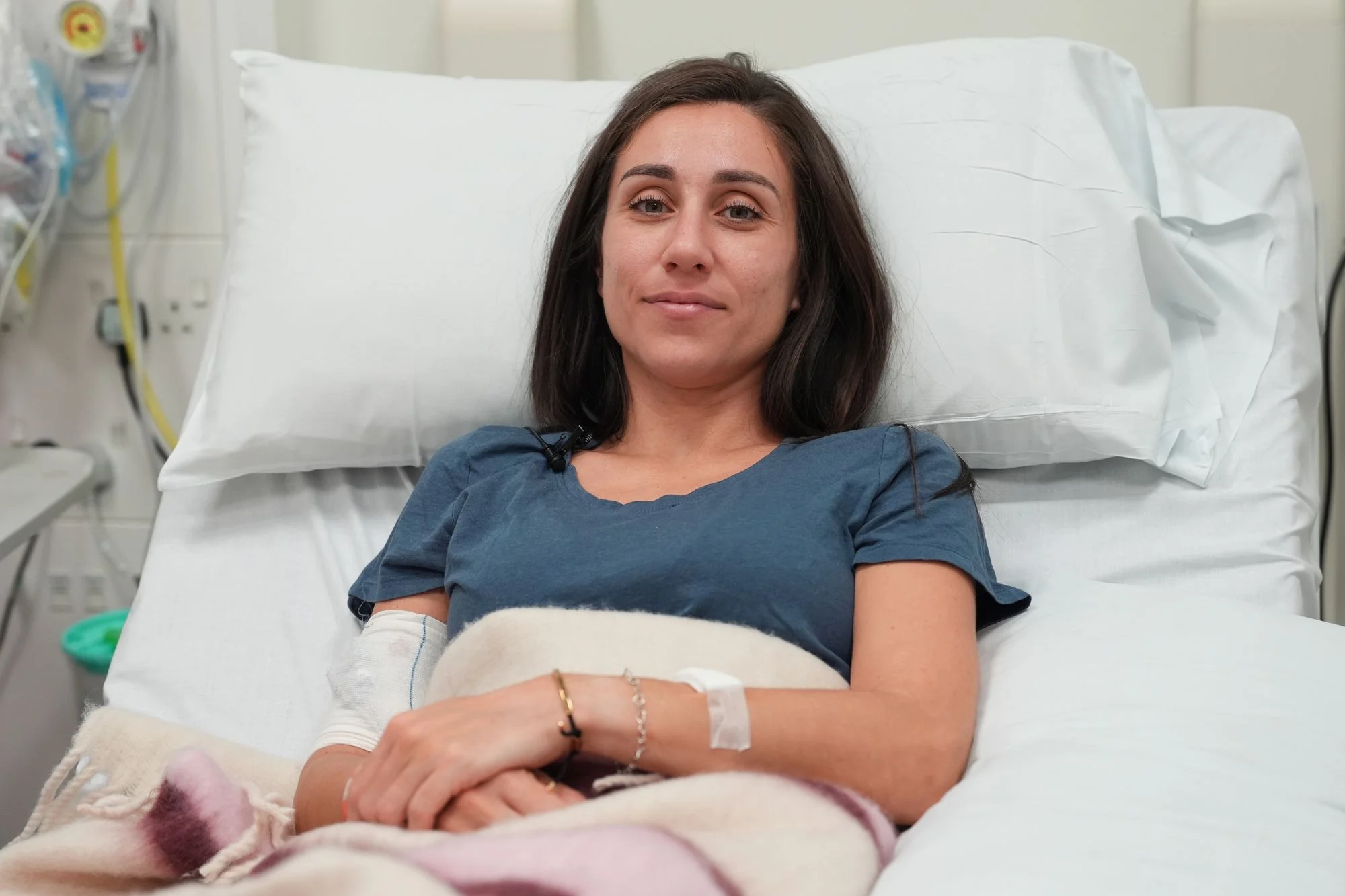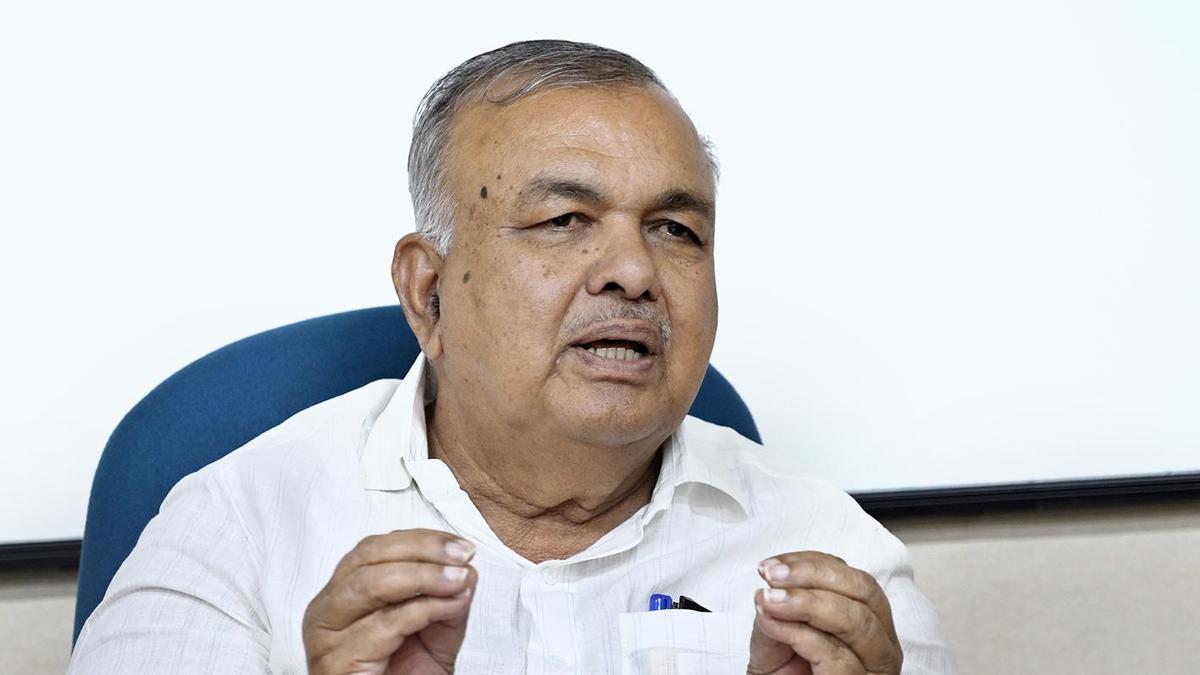Copyright independent

A biology teacher has become the first patient in the UK to receive “gamechanger” therapy to treat multiple sclerosis. Multiple sclerosis (MS) is a condition that affects the brain and spinal cord. It cannot currently be cured, but treatment can often help manage it. Emily Henders, 37, was diagnosed with MS on Christmas Eve in 2021 after suffering tingling in her hands. The teacher from Bushey, Hertfordshire, has suffered four debilitating relapses since her diagnosis, despite taking one of the most highly effective medications for the disease. But Ms Henders said she feels “really good” after taking the new CAR T-cell treatment at University College London Hospital (UCLH) last week. The CAR T-cell treatment, which experts believe could “transform” lives by halting or slowing down progression of the disease, is custom-built for each patient in the lab. It is part of a global clinical trial into whether it can treat MS. The person’s own T cells, which are crucial for hunting out infected or damaged cells, are genetically engineered by scientists and fed back into the patient via an infusion to “reset” the immune system. CAR T for MS modifies the T cells to recognise and kill B cells, which are known to cause damage and allow MS to advance. The mother-of-two, who has sons aged six and four, said she was feeling well after receiving the infusion in a three-minute procedure. “I’m feeling normal and I’ve got energy back. I don’t have any nausea, I’ve had no fevers. I’m feeling pretty relaxed.” Ms Henders said her symptoms got “progressively worse” following her diagnosis. “I notice sometimes my foot hits the pavement in a funny way. No one else would notice it, but I feel it. “Or when I’m teaching and I’m doing a science experiment, I can feel my hands are shaking, and I’m very much aware that probably the students can see that my hands are shaking.” Ms Henders said she will “never forget” her first major relapse when an ambulance had to be called and her children had to see her wheeled away. “I was just getting out of bed and my oldest son was there with me, and I couldn’t stand up, and it was very scary,” she said. “The ambulance came, and I’ll never forget my children’s faces as the medics were rushing in and then strapping me to a chair and carrying me down the stairs and putting me in the back of an ambulance.” The loving mother worries how her relapses affect her children emotionally, so a good outcome of CAR T-cell therapy for her would be to “never experience a relapse again”. She also hopes this treatment will prevent her from having to use a wheelchair in the future – a probability which is typically very high for MS patients. According to UCLH consultant haematologist, Claire Roddie, CAR T-cell offers real hope for MS patients and has shown success in cancer and the autoimmune disease lupus. “Our ultimate goal is to achieve long periods of disease remission with a single, one-time CAR T-cell treatment,” she said, adding it could mean people can come off all their other drugs. “We are excited about this because we’re taking a treatment developed to treat cancers and re-purposing it for a whole new spectrum of conditions. “CAR T-cells also go to places in the body that other drugs don’t necessarily get to very effectively.” She said the therapy has a “one and done” concept where you should not need any more drugs after the treatment, adding: “If we could achieve that in MS, it would transform so many people’s lives.” Caitlin Astbury, senior research communications manager at the MS Society, said: “It’s early days but, if trial results prove successful, CAR T-cell therapy could be a gamechanger for how we treat the condition.” The trial aims to recruit up to 18 patients globally by early 2027.



